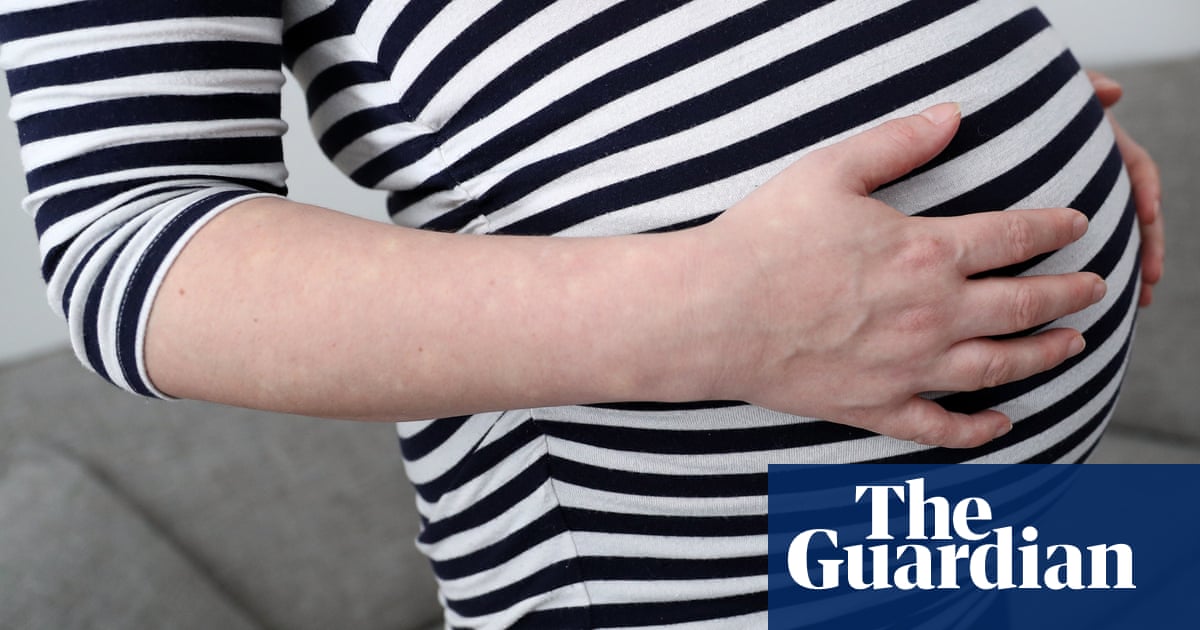The high costs of having a child using a sperm donor are driving poor and marginalised women in the UK to use unregulated online services rife with “weirdos” and misogynists in order to have a child, experts have said.
In a ruling released on Wednesday, a Middlesbrough family court judge said a man who claimed to have fathered more than 180 children across the world as an unregistered sperm donorcould not have custody of one of the children.
The three-year-old girl from Durham is the fourth child in the UK that Robert Albon has used the courts to attempt to have contact with, despite initially telling the women he provided sperm to that he did not need to be involved in the child’s life.
Albon, a US national who goes by the name Joe Donor, had sex with the woman in 2021, the day she first contacted him on Facebook, after travelling 250 miles to her home.
As part of the same family court case, he also attempted to have contact with a two-year-old girl he fathered with a different mother in the north-east a year later.
Albon, 54, has also attempted to gain parental rights of a child born to a same-sex couple in Wales, one of whom described his involvement as a “nightmare and a horror story”. In a court judgment released in February, a judge took the highly unusual step in the family court ofnaming Albon in the hopes of protecting womenwho might have sought his services.
The case has brought into focus the problem of predatory men advertising themselves online as sperm donors. Many are looking for sex, to have control over women or have an obsession with producing offspring.
Clare Ettinghausen, the director of strategy and corporate affairs at the Human Fertilisation and Embryology Authority (HFEA), the UK’s independent regulator of fertility treatment and research using human embryos, said: “In all those cases, it’s my job to ring huge alarm bells.”
She advised women to go down the regulated route, though acknowledged for lots of women the cost of fertility treatment – something the HFEA has no involvement in – was prohibitive, while waiting times could be lengthy and there was a shortage of donors of particular ethnicities and religious backgrounds. Costs can run into tens of thousands of pounds.
Registered donors are screened for health problems, including genetic diseases and STIs, as well as psychological issues. In the UK, donors are allowed to donate to only 10 families to reduce the risk of children meeting as adults and accidentally entering into incestuous relationships.
Registered donors also do not have parental rights, are not required to pay child support and are contactable only by the child when they reach adulthood, with no obligation to respond.
“Overall we would really caution against [using donors found online] because of the things we see and hear,” Ettinghausen said.
Dr Francesca Taylor-Phillips, a postdoctoral researcher at Leeds Beckett University whose research focuses on women and couples who choose unregulated sperm donors, said she had found cost was one of the main reasons women chose to go down the unregistered route. “So because they couldn’t afford the clinical treatment or because they weren’t entitled to NHS funding,” she said.
“A lot of people do feel like they’re pushed into it.”
While heterosexual couples just need to tell their doctor they are struggling to conceive in order to get help, single women and those in same-sex relationships are usually required to have six cycles of intrauterine insemination, at a cost of about £3,000 each time, before they are entitled to any help from the NHS.
Although some women believed there were “significant benefits” of using an unregulated donor, such as being able to meet the person and decide together the level of knowledge and contact a child might have with them, women are forced to sift through problematic men and are left with no legal protection, said Taylor-Phillips.
“The main issues that we see are issues of dishonesty on the part of the donor when they’re speaking online. So people catfishing people, or verbally abusing people online, or harassing for sex, is really quite common. Lots of people spoke about filtering through the weirdos online before they found the right donor.
“For the most part, those people were able to deal with that and move on. But it’s still a horrible thing to have to go through when you’re trying to have a child that’s supposed to be this nice, beautiful thing, and it can become this sort of seedy thing.”
